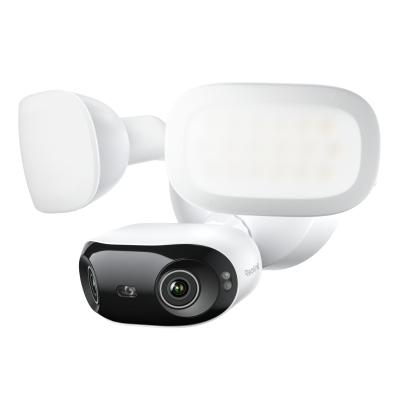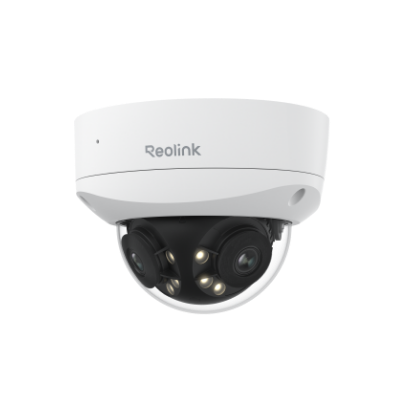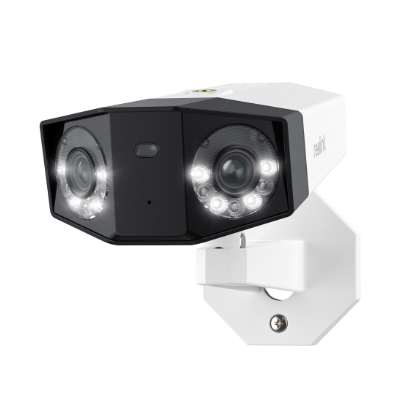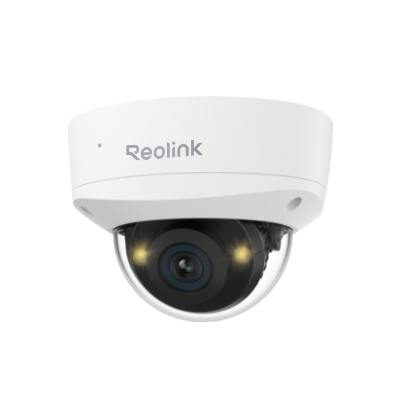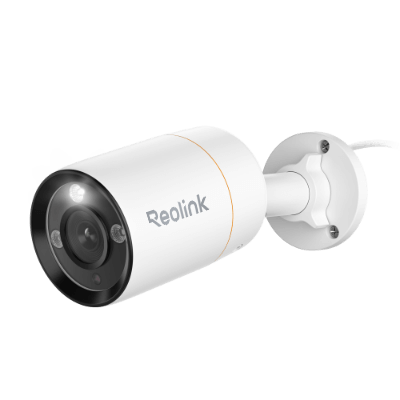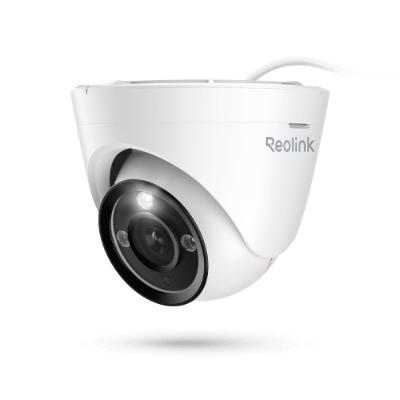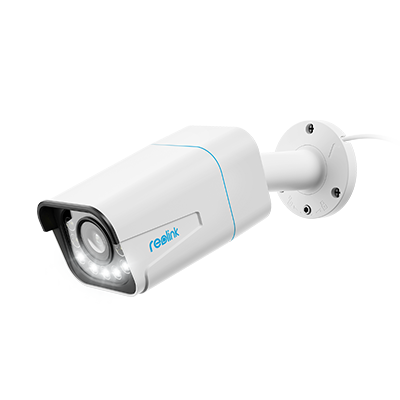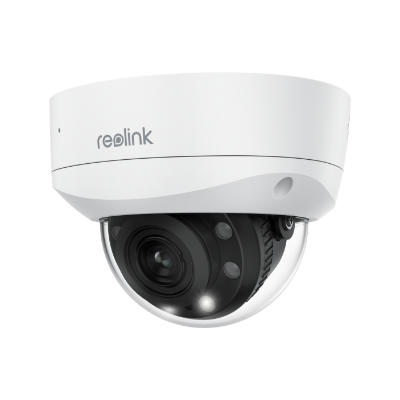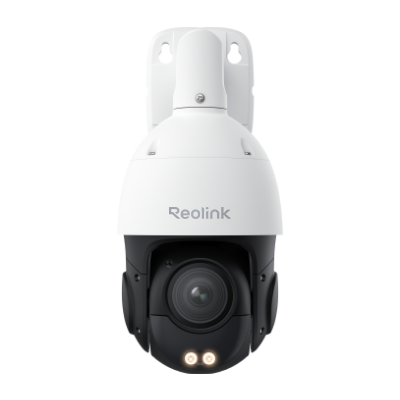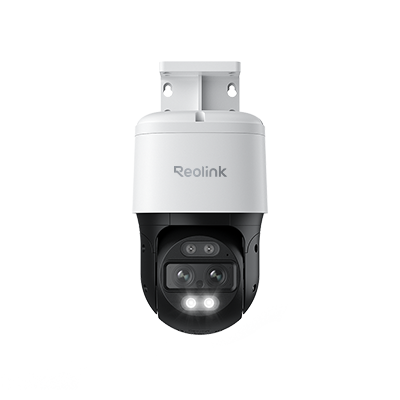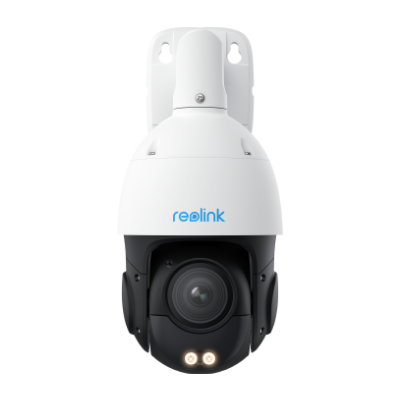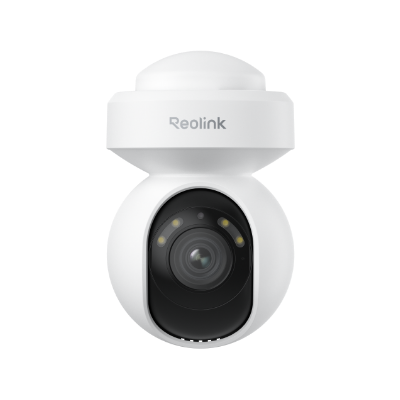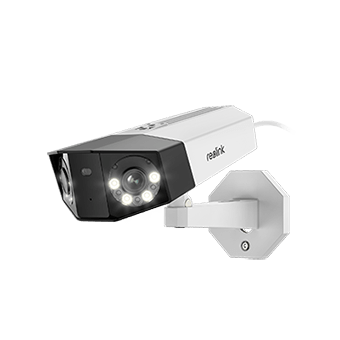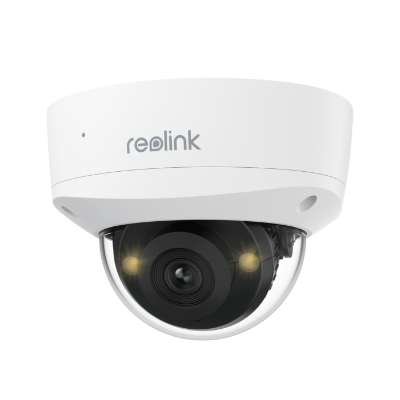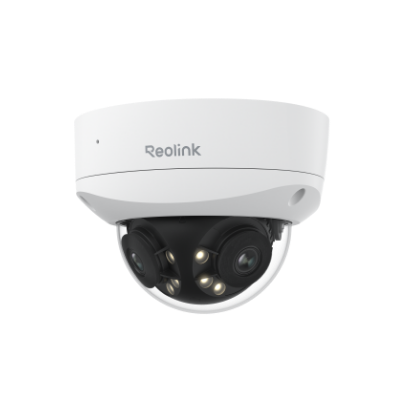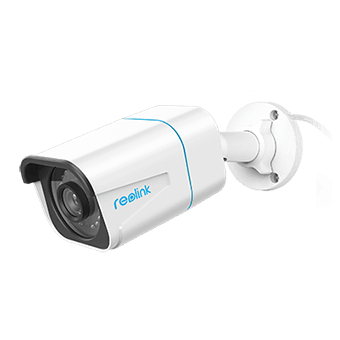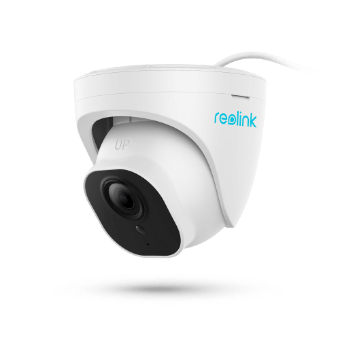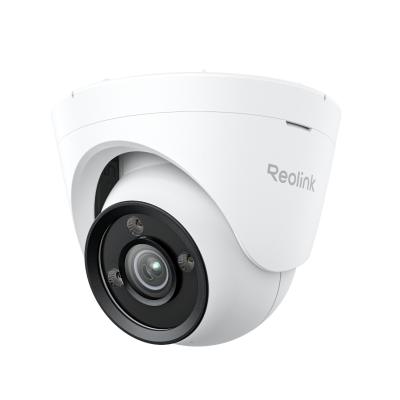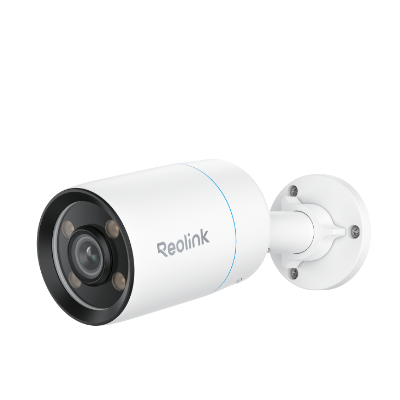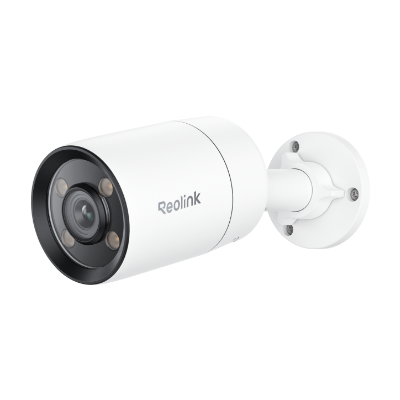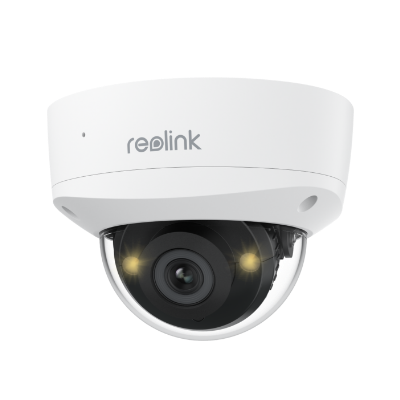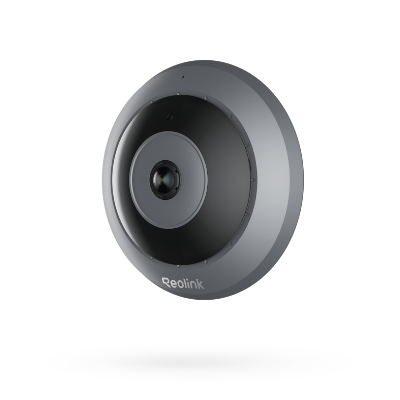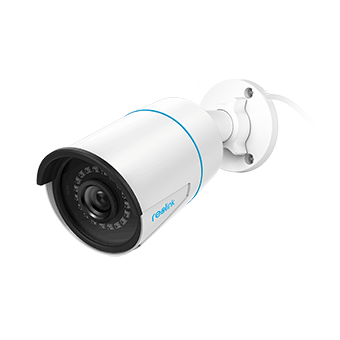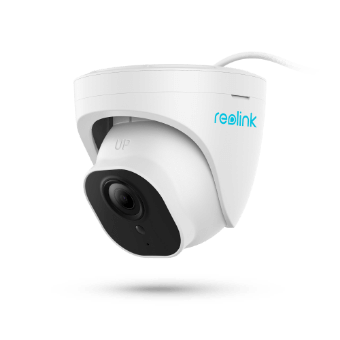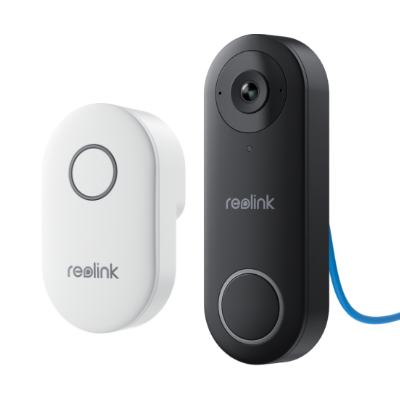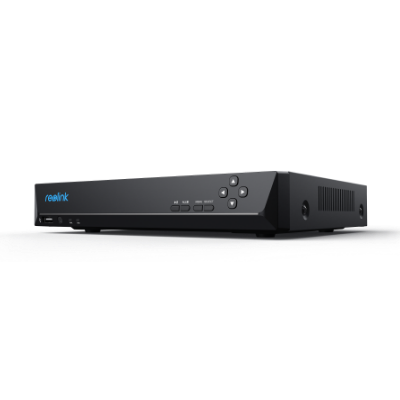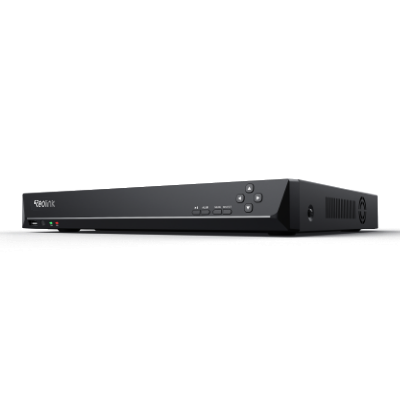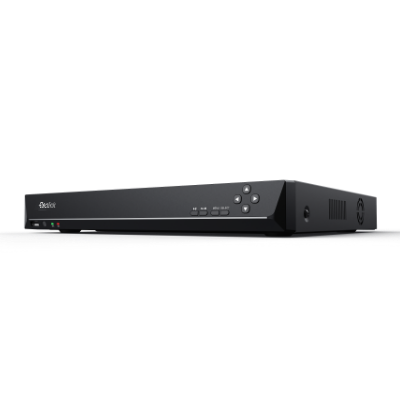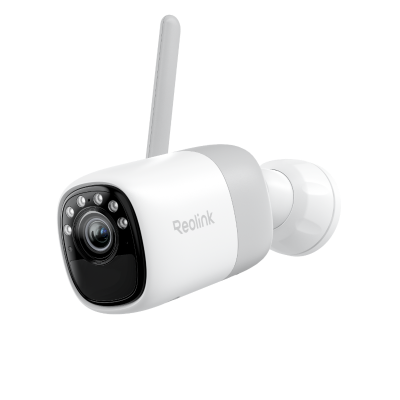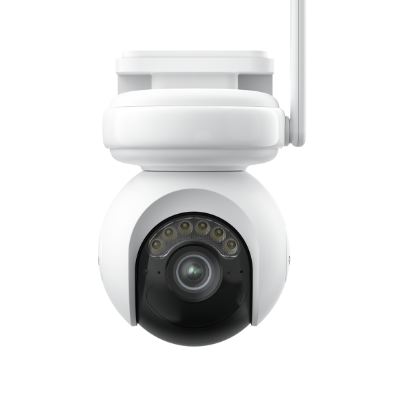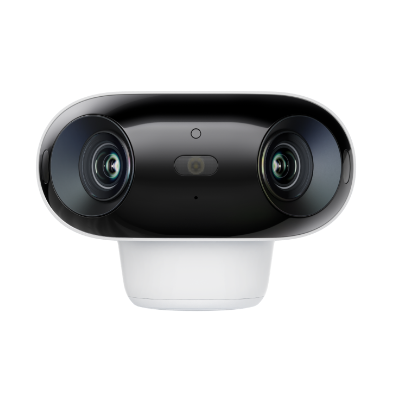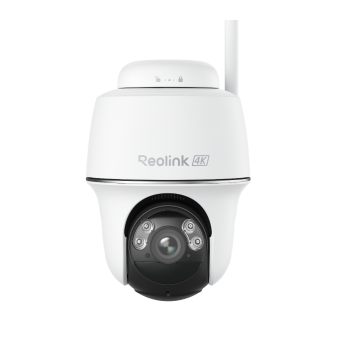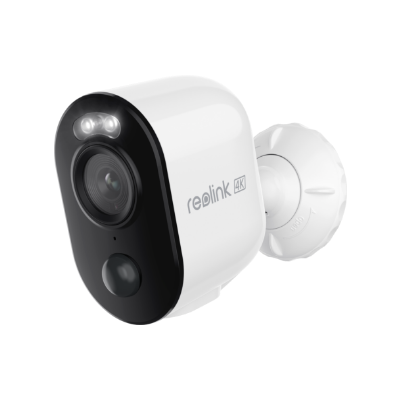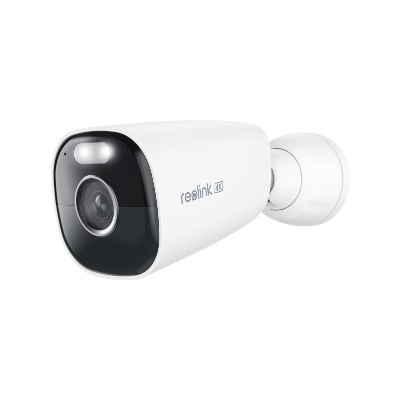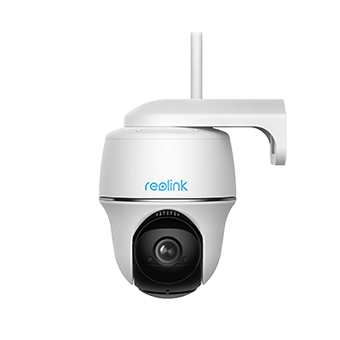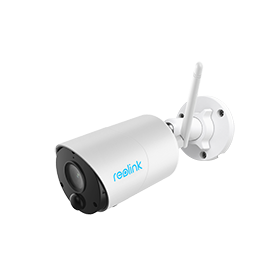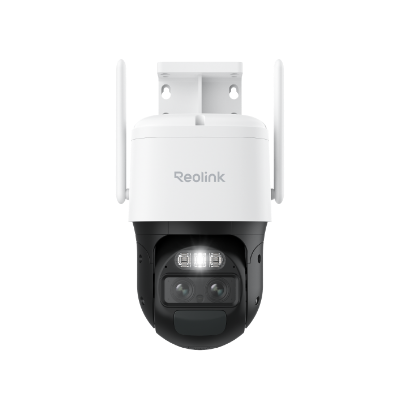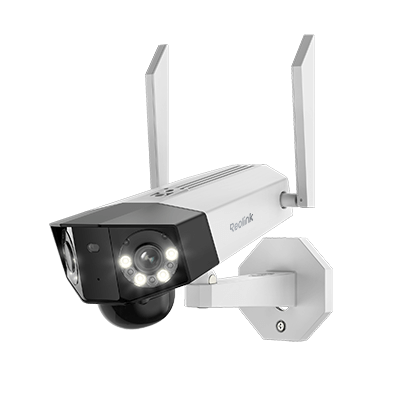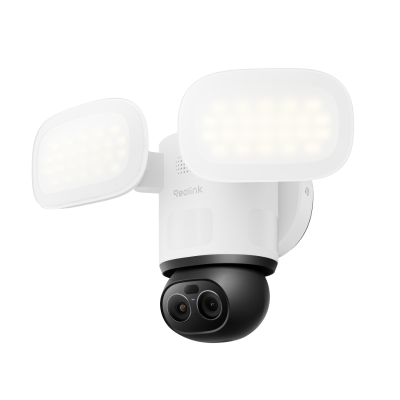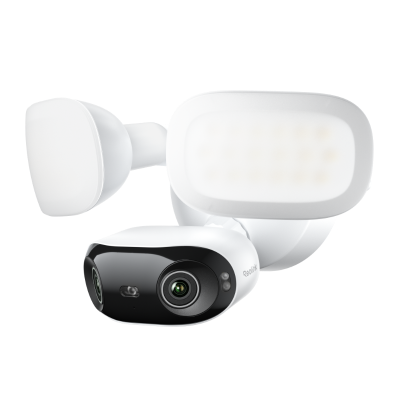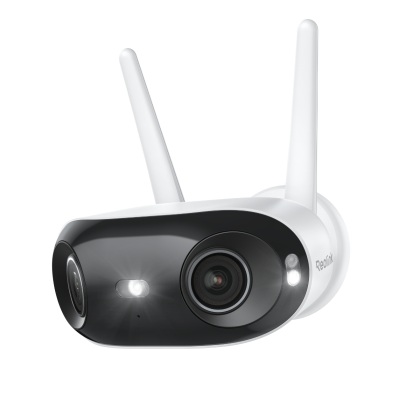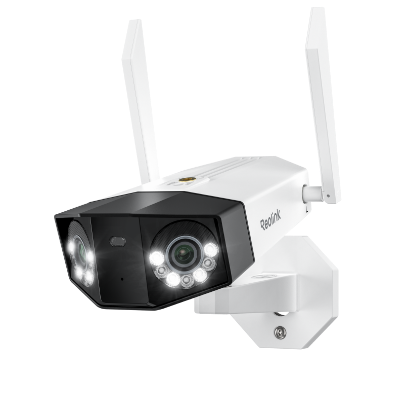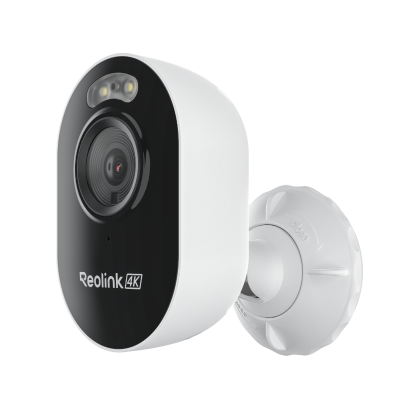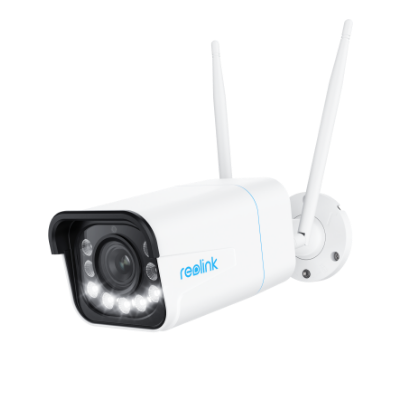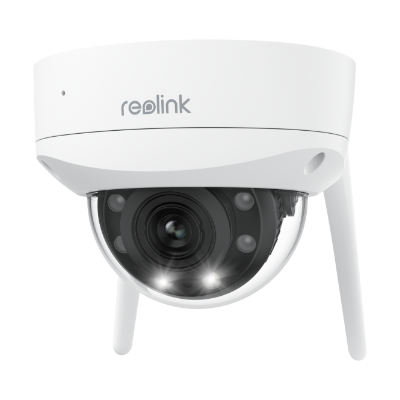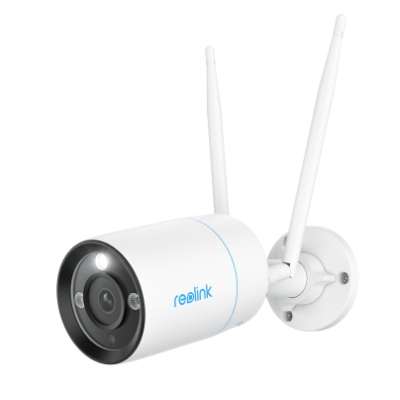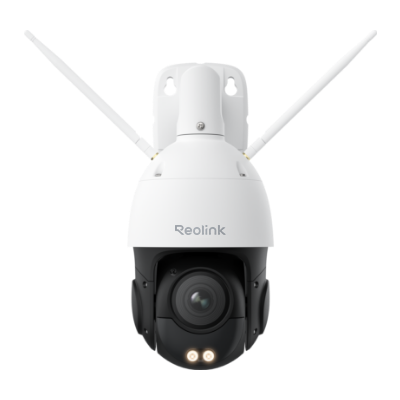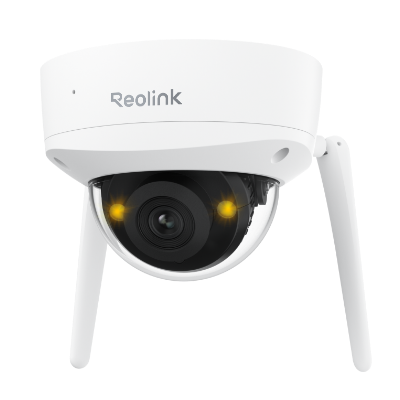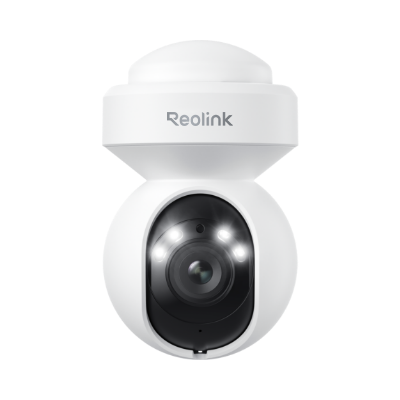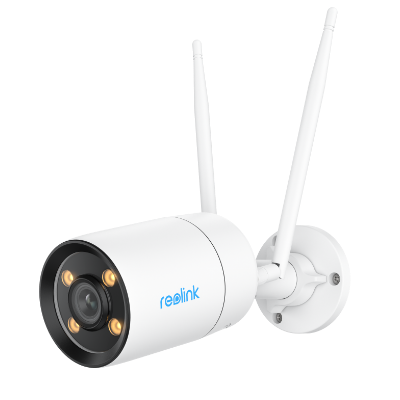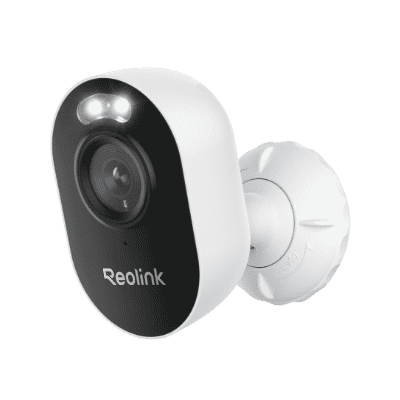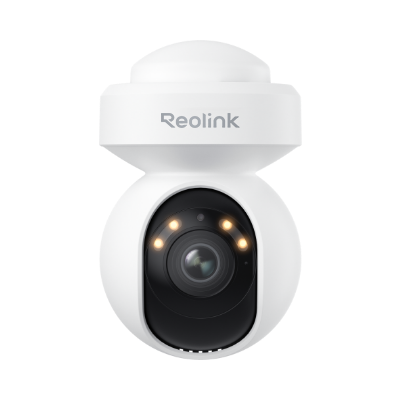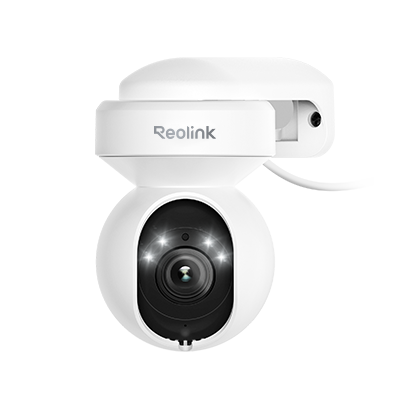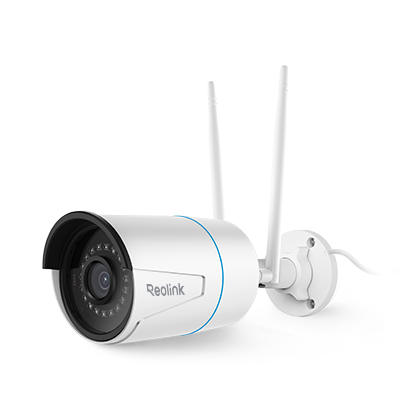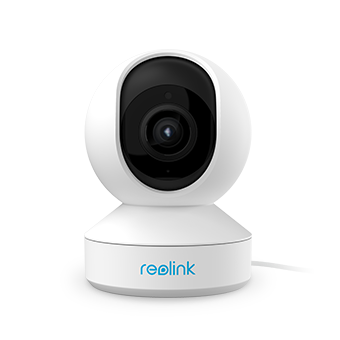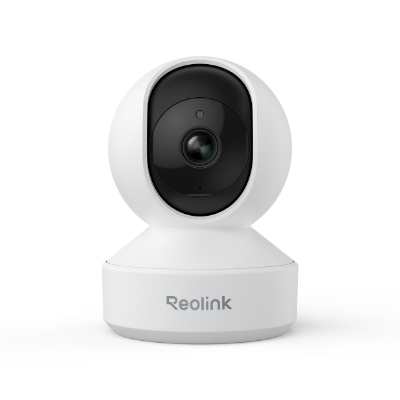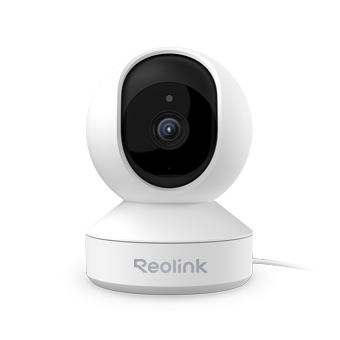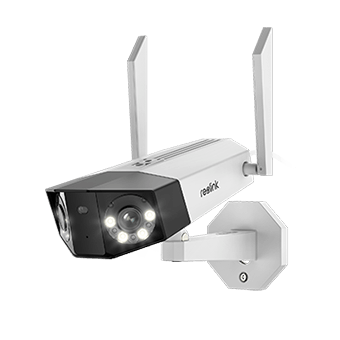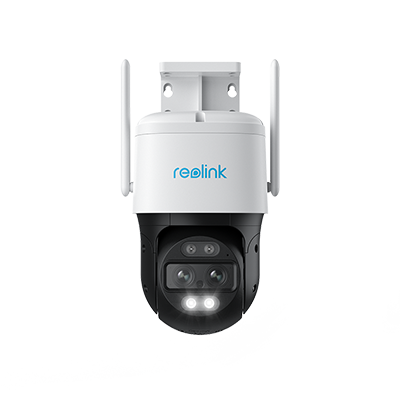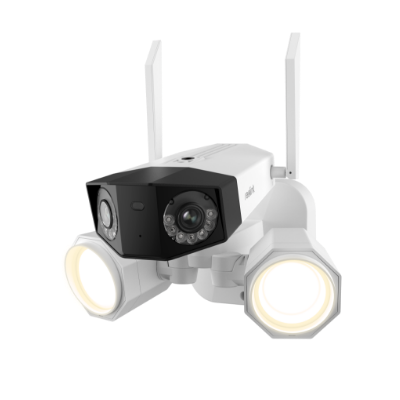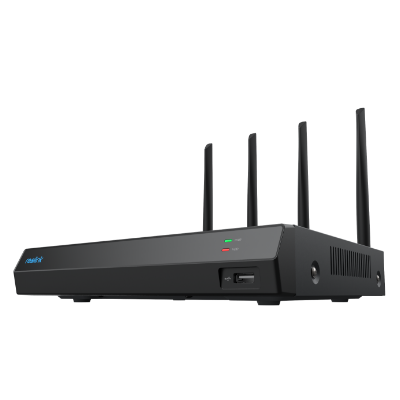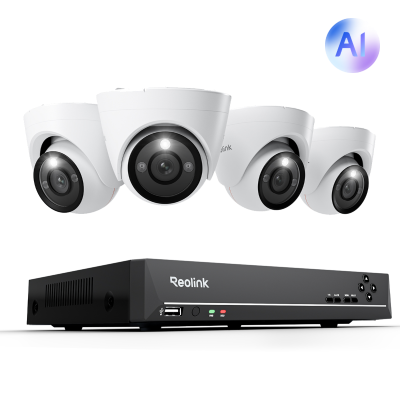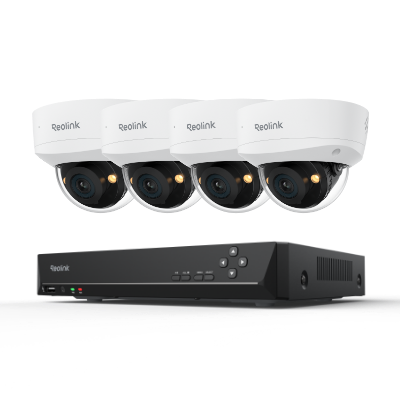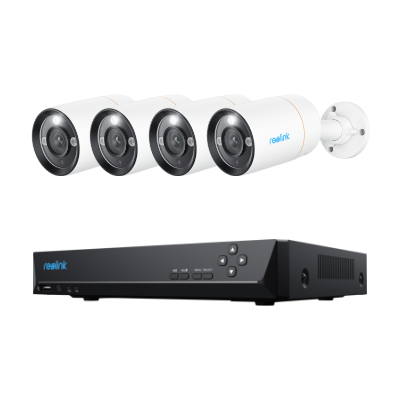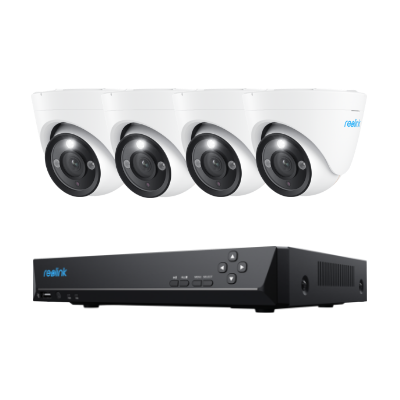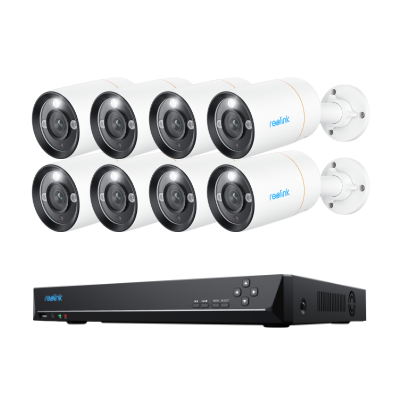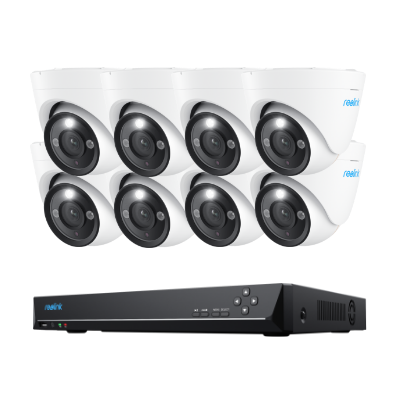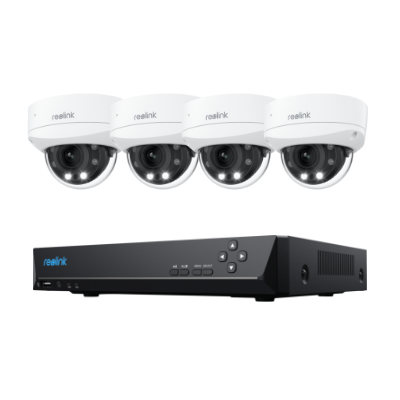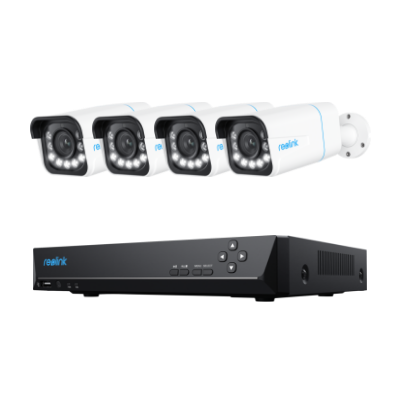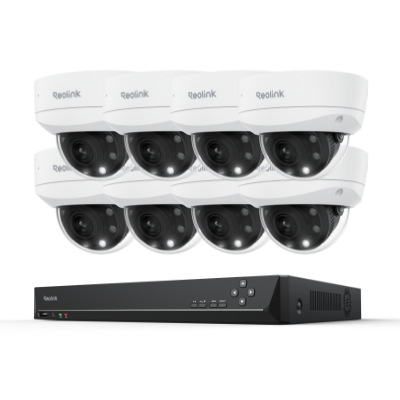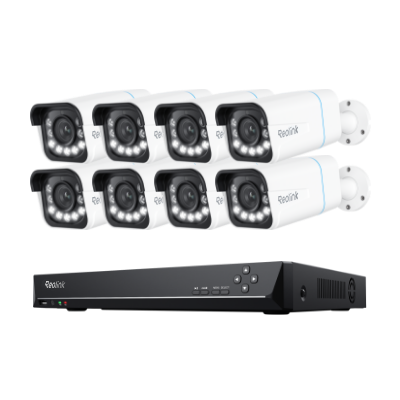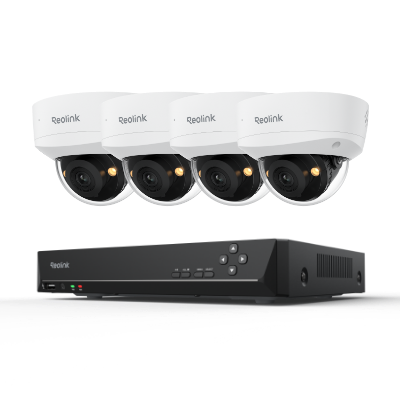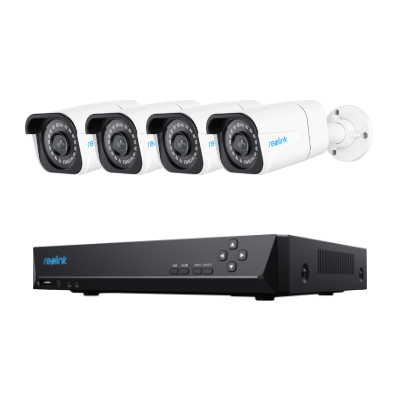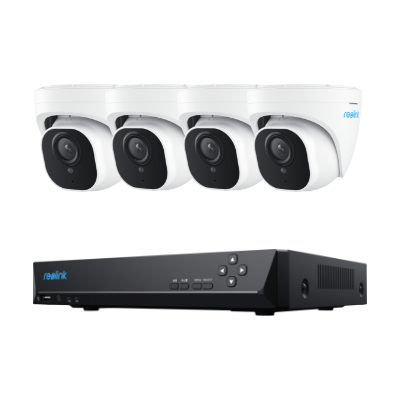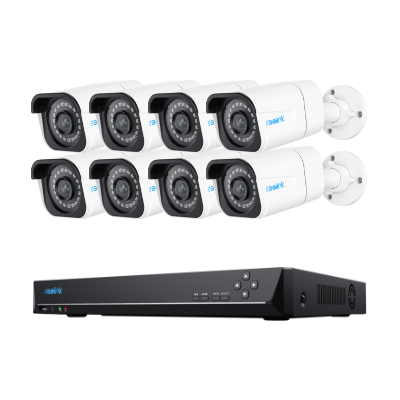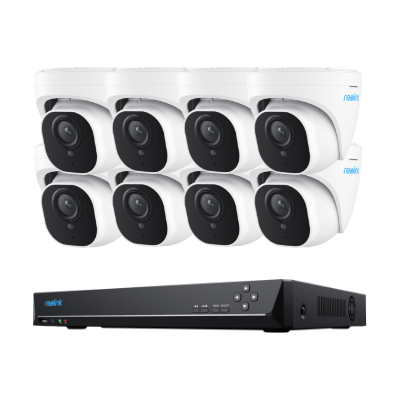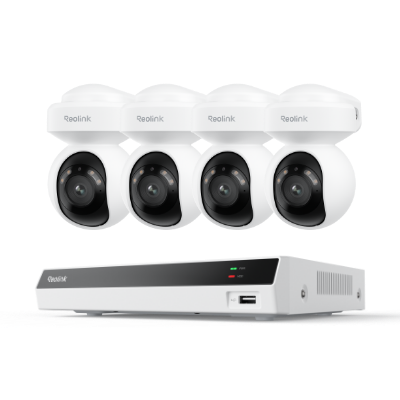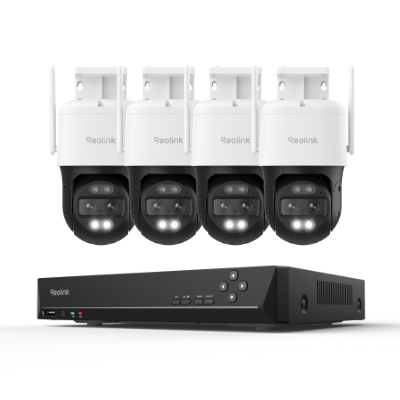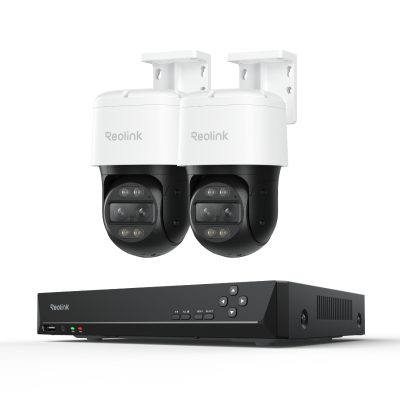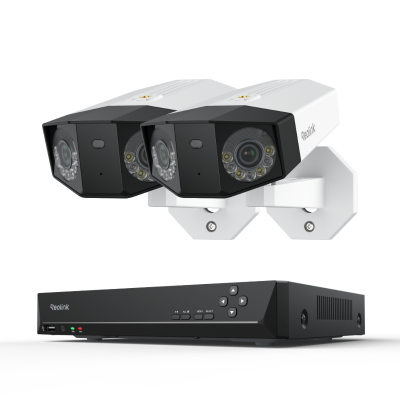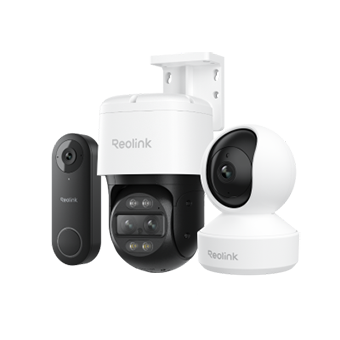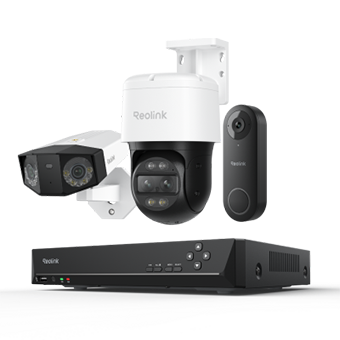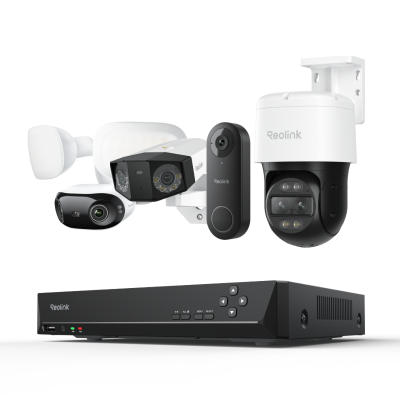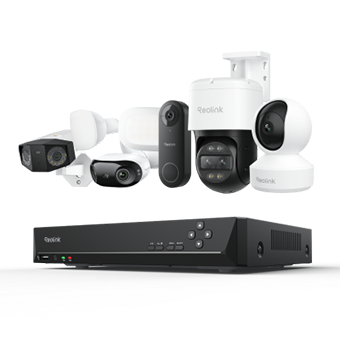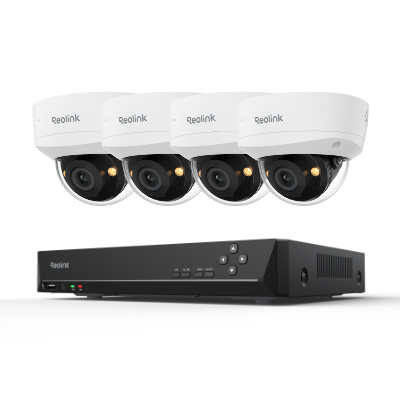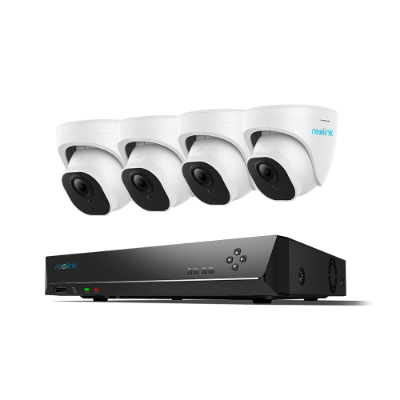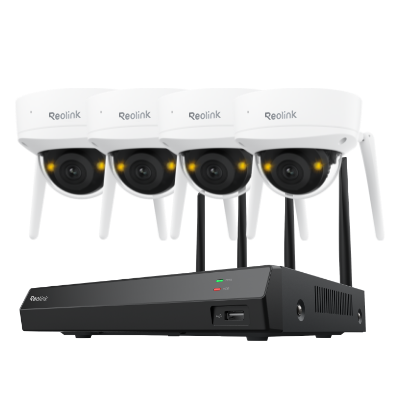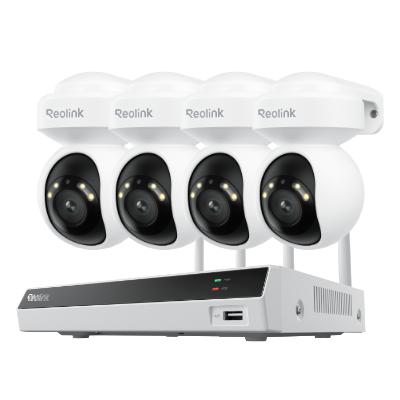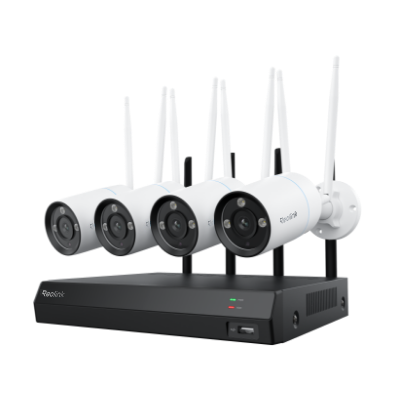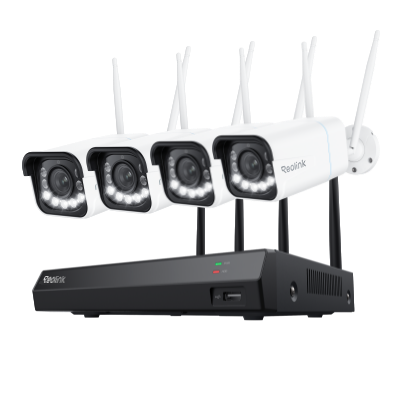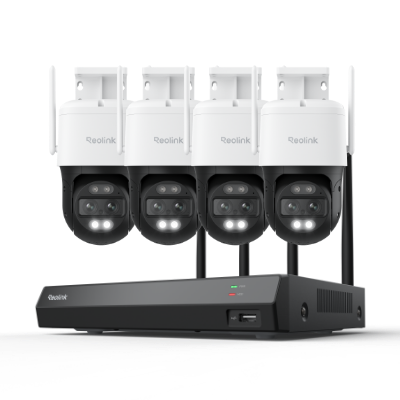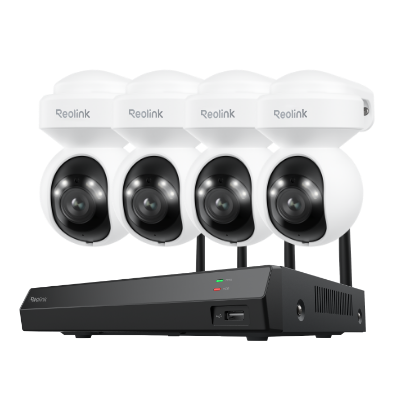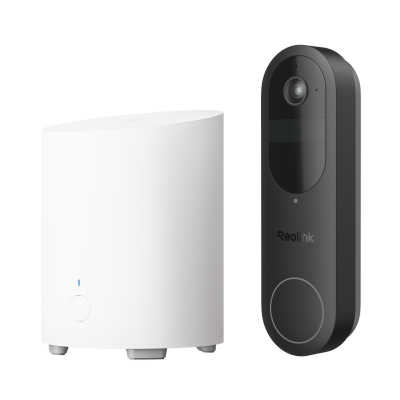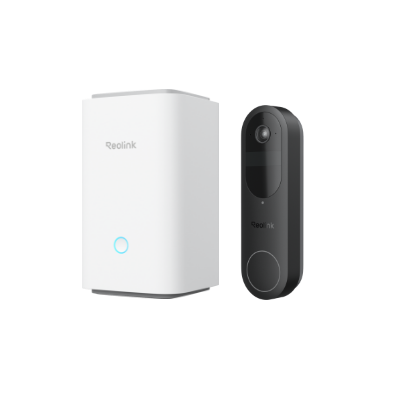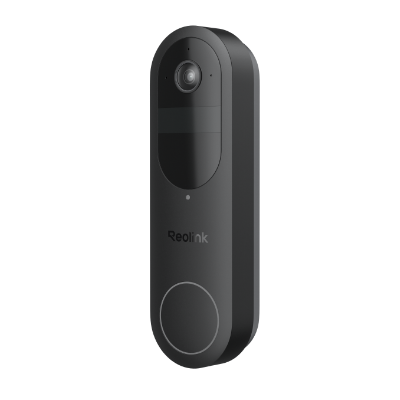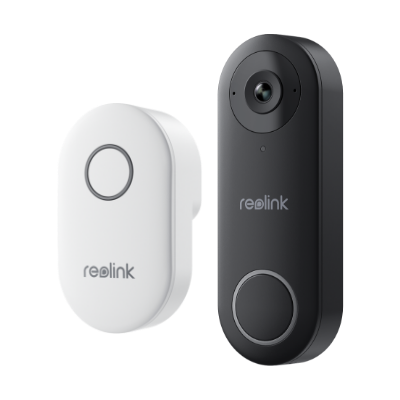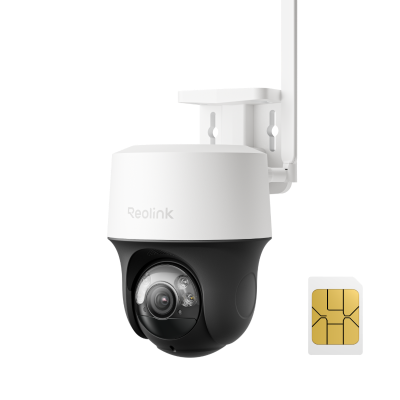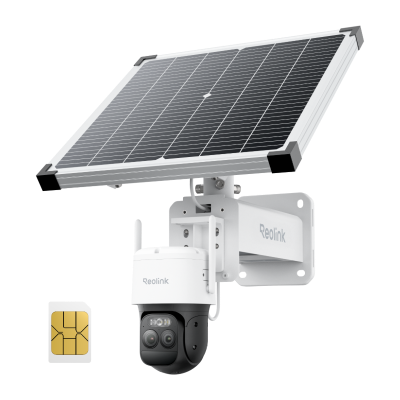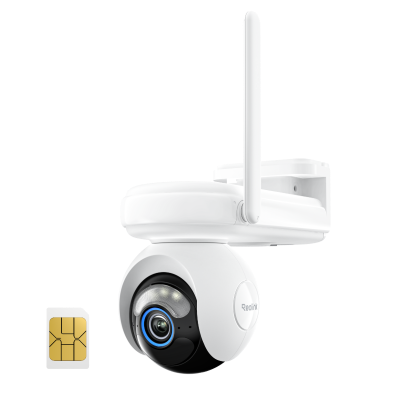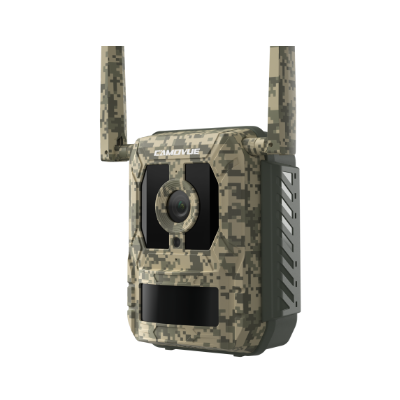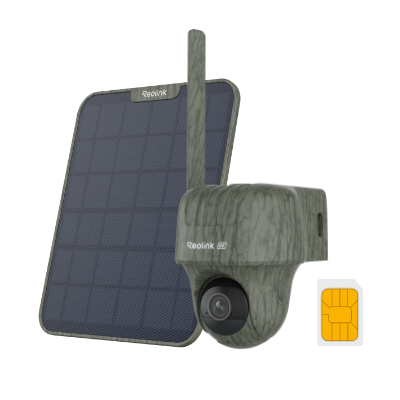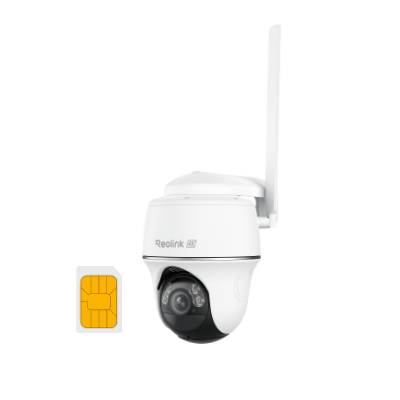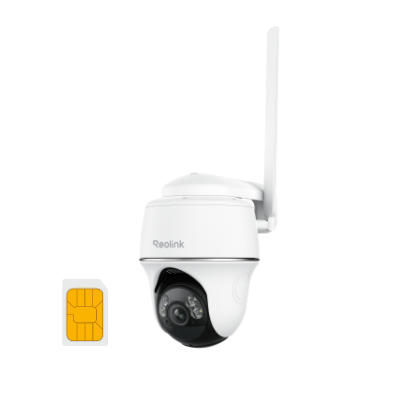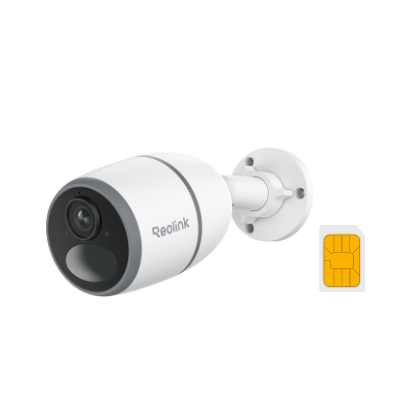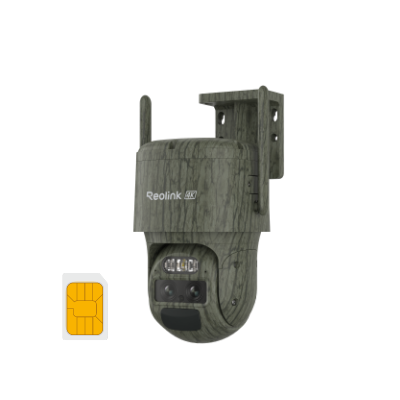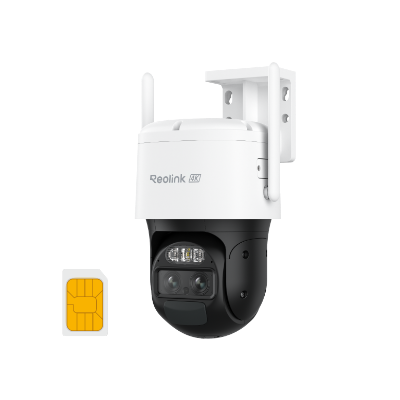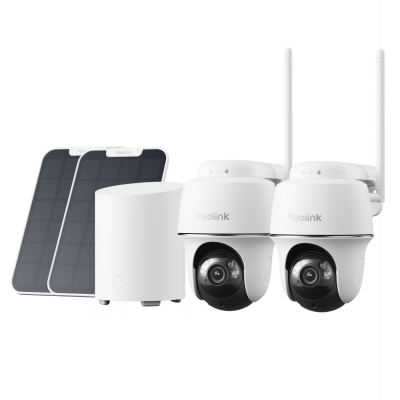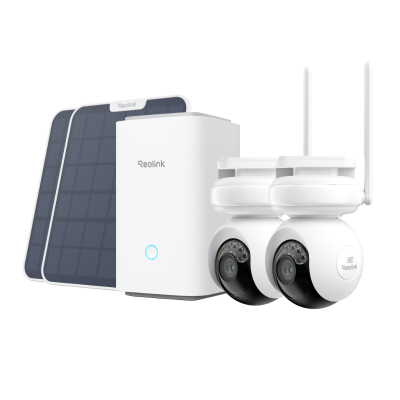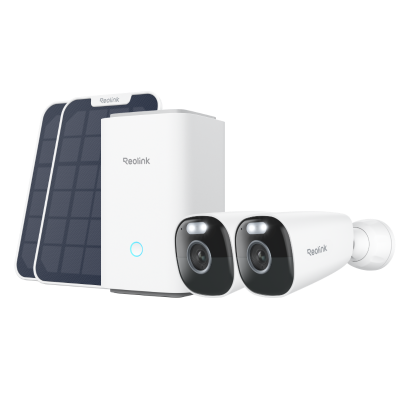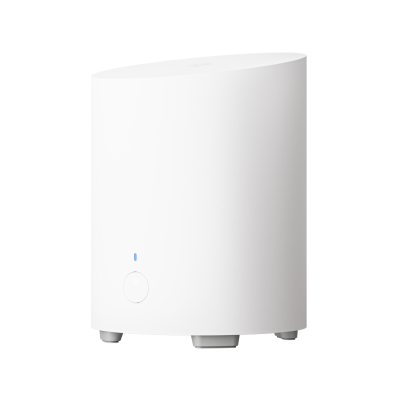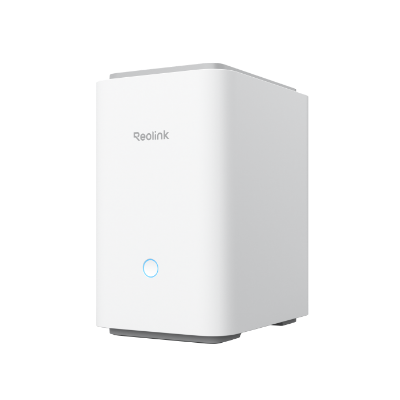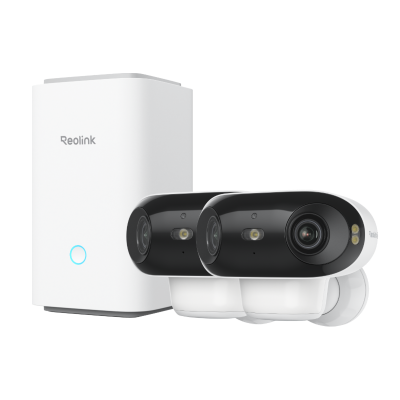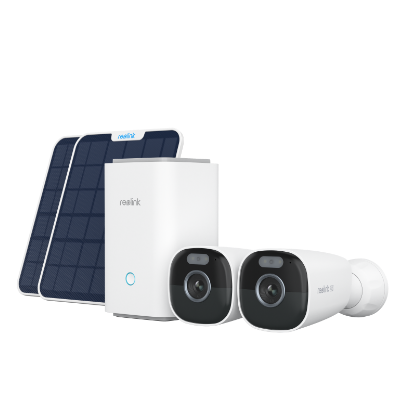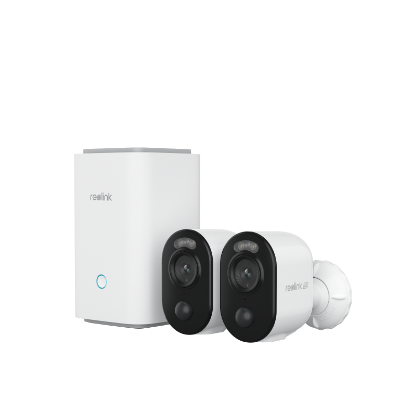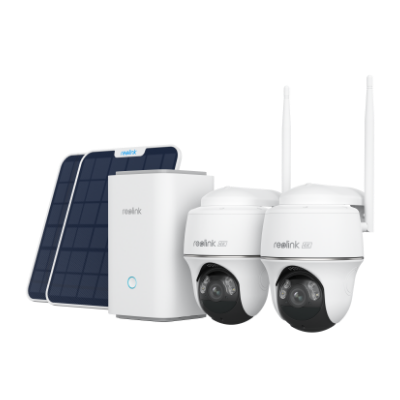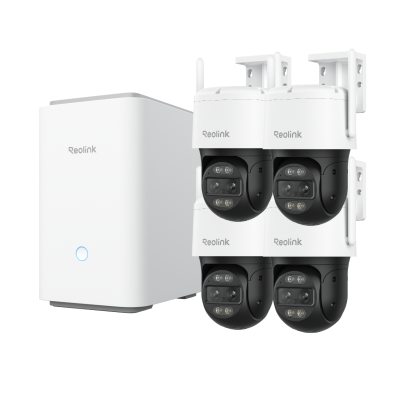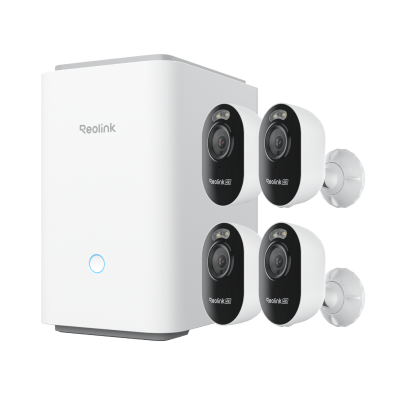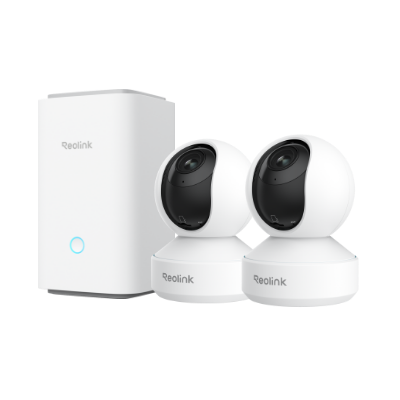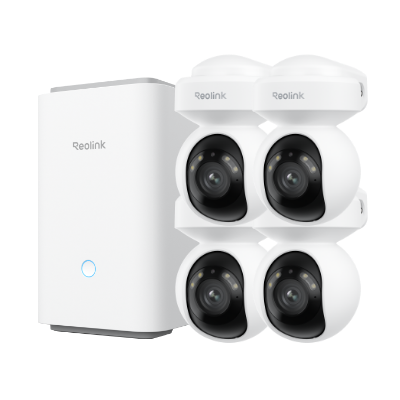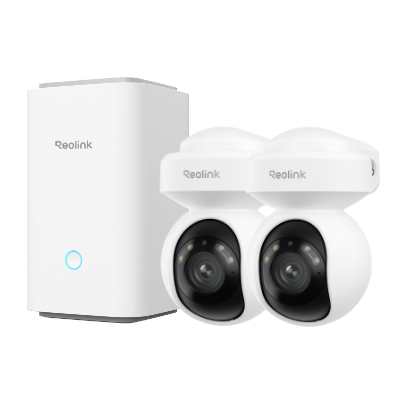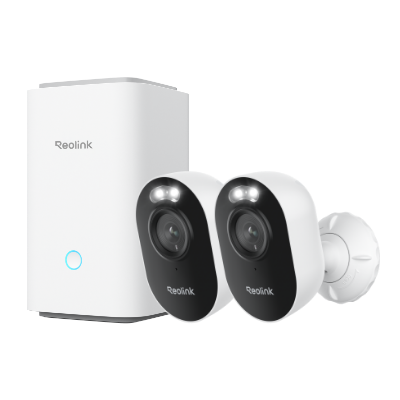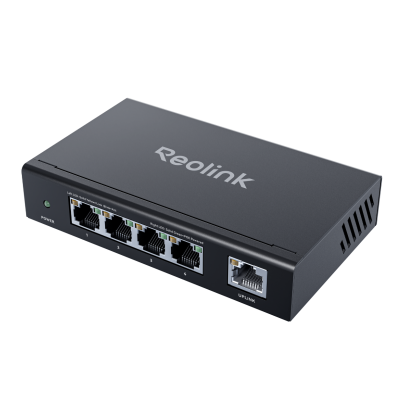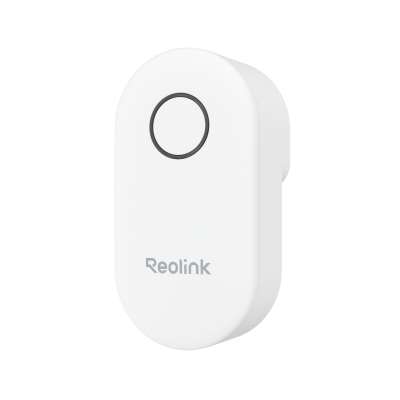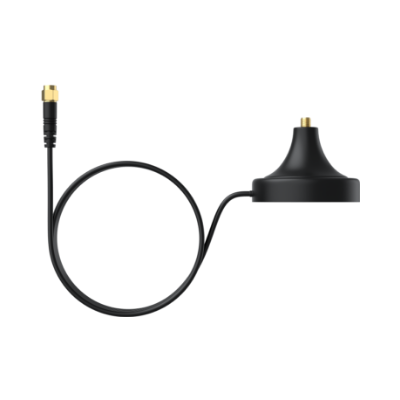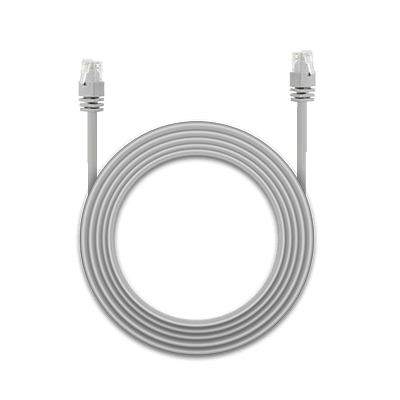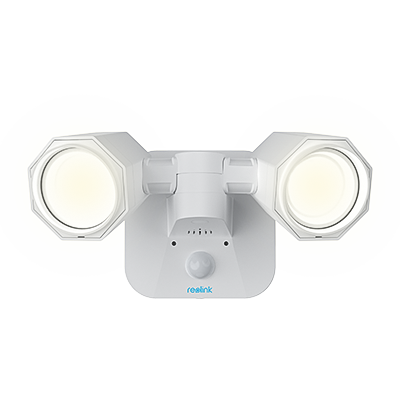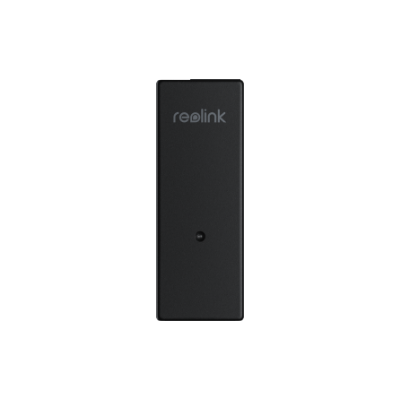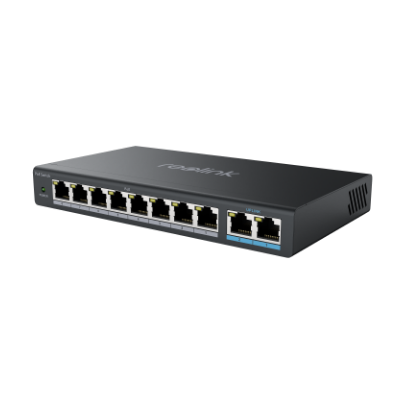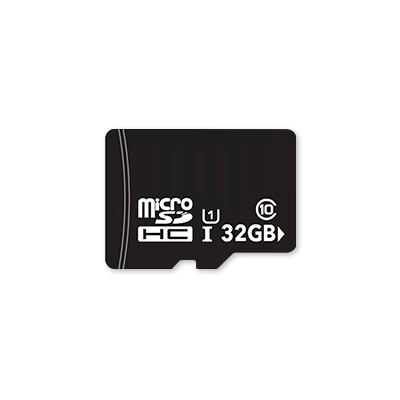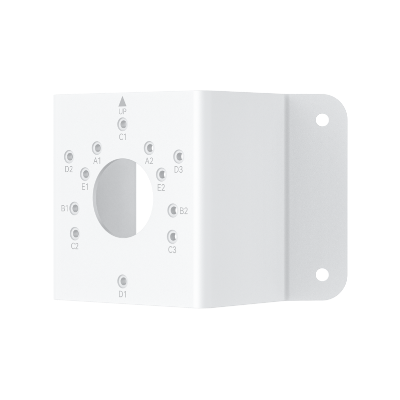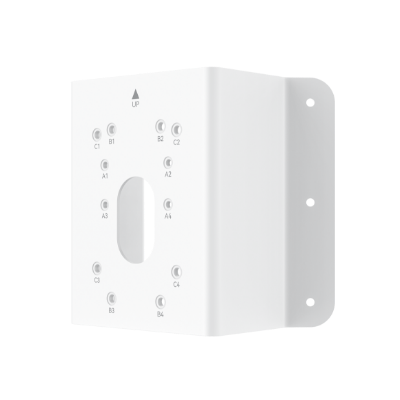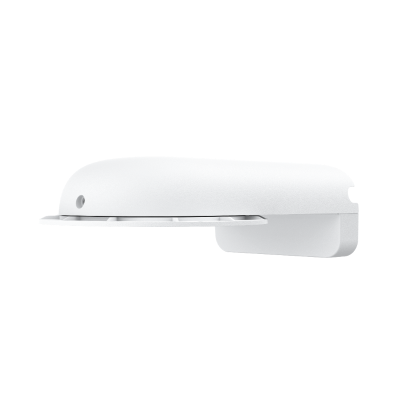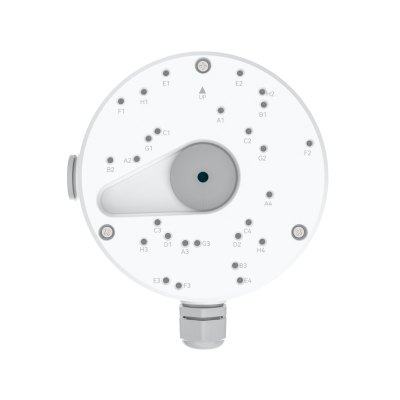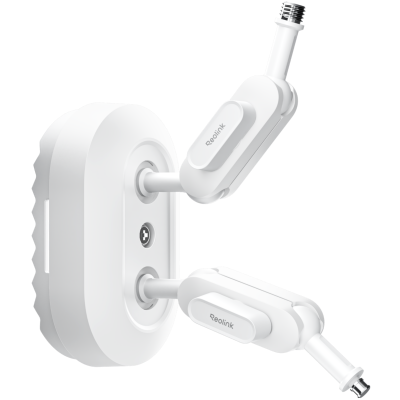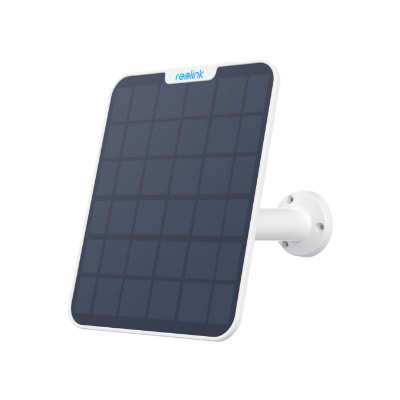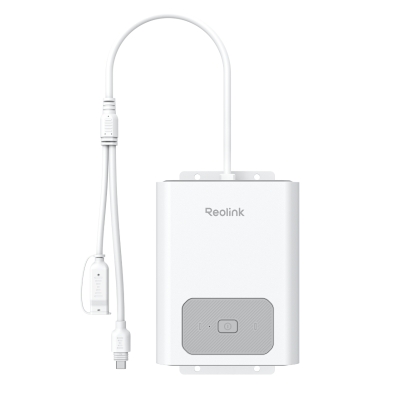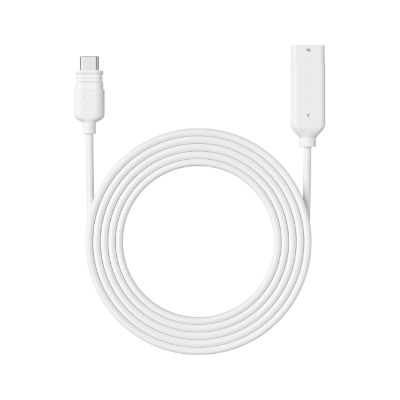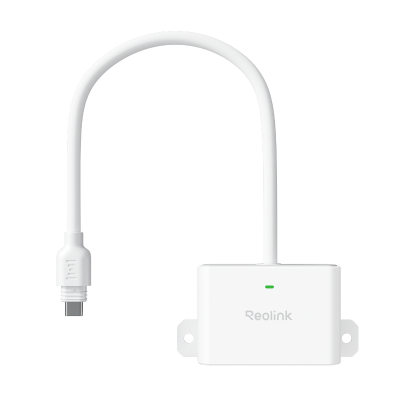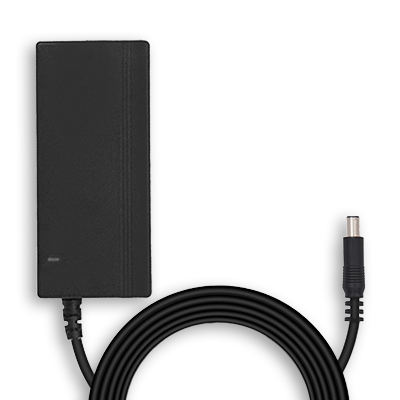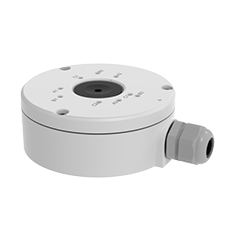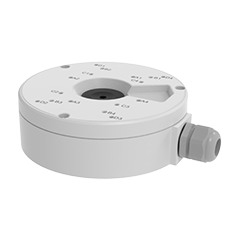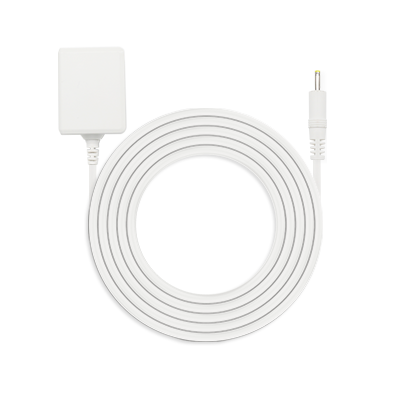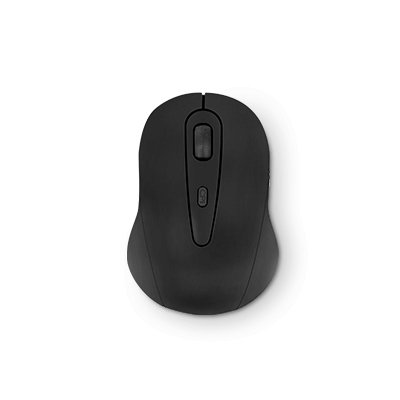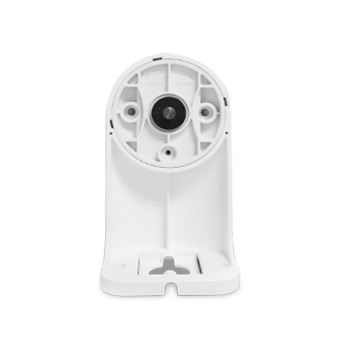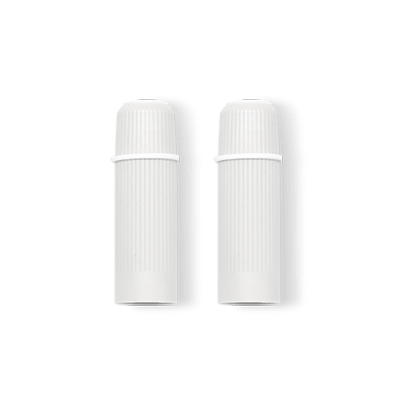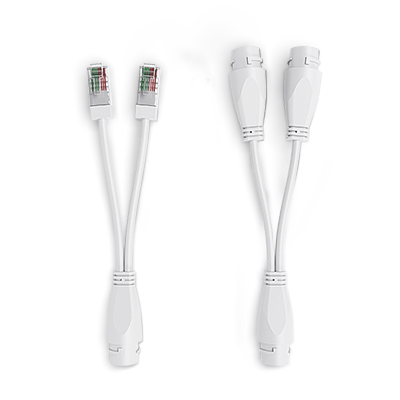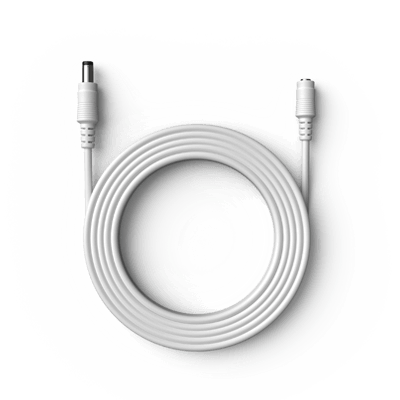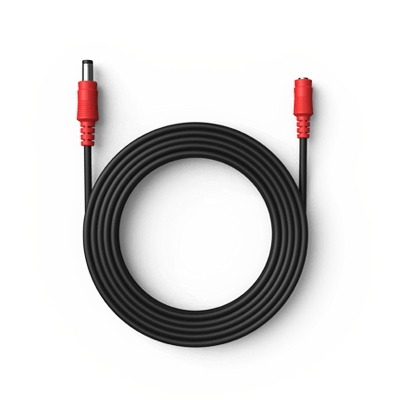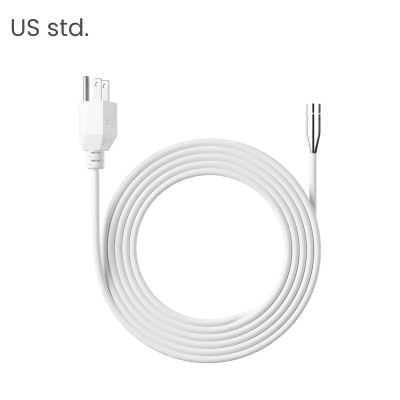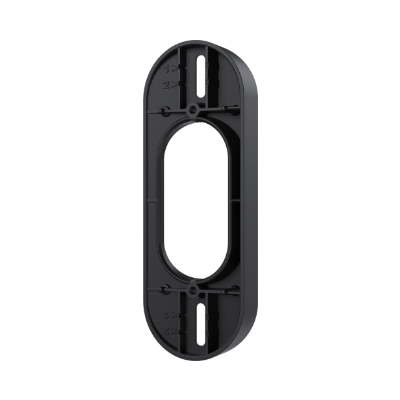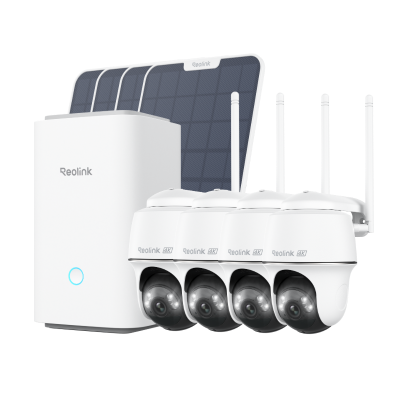The Truth About Home Security Systems: Key Insights for Homeowners
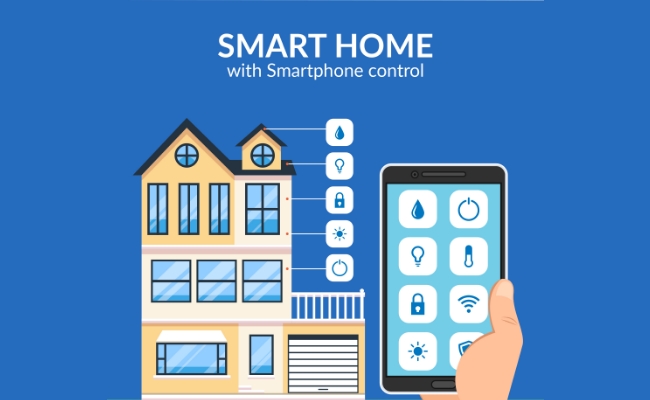
Home security systems have become increasingly popular in recent years as more homeowners seek ways to protect their property and valuables. However, there are still many myths and misconceptions surrounding home security technology. In this article, we will debunk some common myths about home security systems and provide key insights that every homeowner should know. Read on to learn the truth about home security systems and how to choose the right system for your needs.
Common Myths of Home Security Systems
Before diving into the specifics, let's dispel some frequently heard myths about home security systems:
- Myth 1: Home security systems are expensive - While it's true that advanced systems with professional monitoring can cost over $100 per month, there are also affordable DIY kits starting at around $100 for the equipment. The monthly costs are optional for DIY systems.
- Myth 2: Most security systems require a contract or monthly subscription - Many DIY systems are contract-free and you only pay for optional monitoring if you choose to, which can start at $15 per month. High-end professionally installed systems often require 1-3 year contracts.
- Myth 3: Home security systems need professional installation - Although professional installation is recommended for complex wired systems, many DIY options are wireless and can be self-installed by homeowners without any prior experience.
- Myth 4: Burglars can easily disable a security system - Modern security systems have tamper-proof designs, backup cellular connectivity, and send instant alerts if disabled. It's unlikely an intruder can fully disable your system before the monitoring center is notified.
- Myth 5: It's illegal to use security cameras in your property - There are no laws prohibiting homeowners from installing security cameras in or around their private property. You just can't point cameras into a neighbor's home or private spaces.
- Myth 6: Wireless systems are easily hacked - Reputable security providers encrypt wireless signals to prevent hacking. Signals are also designed to disable if any tampering is detected. Wireless systems are considered secure by most experts.
- Myth 7: Home security systems aren't effective - Statistics actually show homes with security systems are up to 4 times less likely to be broken into. The sight and sound of an active system also scares away most intruders before they even attempt a break-in.
The Truth of Home Security Systems
While home security technology has its limitations like any tech, modern systems are highly advanced when properly designed and installed. Here are the core facts:
Truth 1: Home security systems come in a wide price range
Depending on the features, equipment quality, brand, monitoring options, and installation decisions, home security systems can range dramatically in price. DIY systems start at around $100 for basic equipment. Professionally installed systems with advanced components and years of monitoring agreements can cost upwards of $300+ per month over multiple years.
Truth 2: Many security systems are subscription-free
One of the appeals of DIY systems is that professional monitoring is entirely optional with most providers. Monitoring plans can be added or removed as-needed. So technically, you can purchase a DIY kit outright with no monthly fees at all. The equipment just runs in a self-monitoring capacity until monitoring is added.
Truth 3: You can install most security systems all by yourself
With advancing wireless technology and app-enabled controls, DIY home security systems can now be configured by anyone with no prior experience. Reputable DIY providers have simplified equipment and installation so everyday homeowners can securely set up their system in less than 30 minutes without a professional.
Truth 4: Most security systems are burglar-proof
Modern security systems use tamper-proof, burglar-resistant designs so that intruders cannot easily disable your system. Backup cellular connectivity means the system will keep working even if phone and WiFi are cut. Instant alerts are sent to the monitoring center if any disruption occurs.
Truth 5: The legality of security cameras varies by situation
Homeowners have full legal rights to install indoor and outdoor security cameras on their own property and aim them at their house interior/exterior, driveway, perimeter, entrance gates, etc. You cannot aim cameras to record audio/video from a neighbor's home or property without consent.
Truth 6: Many wireless systems are encrypted and secure
Early wireless systems had security vulnerabilities because signals were transmitted openly. Modern systems now encrypt all wireless signals so footage and data cannot be intercepted. Tampering with system hardware also triggers instant alerts.
Truth 7: Home security systems are effective when used properly
The numbers speak for themselves here. Homes with a security system installed have up to a 400% lower chance of being robbed compared to homes without a system. The visibility and noise of an active system also prevents the vast majority of break-in attempts from progressing any further.
What You Really Need in a Home Security System
While security systems can include an exhaustive list of sensors, cameras, alarms and other components, a basic effective system really boils down to five essential elements:
- Control panel - The brains of your system. Allows arm/disarm, sensor management, connectivity, automation pairing, etc.
- Entry sensors - Detects opening of doors and windows. Crucial for detecting and alerting to home intrusions.
- Motion sensor - Detects movement and can alert to unusual activity when system armed. Helps protect valuables.
- Security camera - Essential for capturing visual evidence and proving false alarms. Deters intruders.
- Audible alarm - Blaring alarm that scares away intruders and alerts people nearby to call for help.
If you're looking for a reliable security system with cameras, be sure to check out the Reolink wireless security camera system!
Wireless Security System With 4K PT Standalone Battery/Solar Wi-Fi Cameras
4K Color Footage Day & Night, 1 Year of Local Storage, Exclusive Anti-Theft Algorithms, 360° All-Around Coverage, Expandable System Up to 8 Reolink Cams.
What to Consider When Choosing a Security System
Picking the right security equipment takes research and planning. Keep these factors in mind while evaluating your options:
Security Needs
Carefully analyze your property layout, valuables, home occupancy patterns and specific risks to determine exactly what kind and level of security coverage you need. This includes identifying how many doors/windows need protection, ideal locations for indoor/outdoor cameras, environmental factors that could trigger false alarms, etc.
Property Size
The physical size of your property and rooms impacts the quantity of security equipment needed to properly cover the entirety of your home, perimeter, outbuildings and grounds. For example, a large 5 bedroom home needs more entry sensors, motion detectors and cameras than a small 2 bedroom condo.
Brands & Warranty
With home security systems, you generally get what you pay for. High quality components that won't fail after a year or two typically cost more upfront. Research brand reputation and equipment grades so you don't waste money replacing faulty devices often. Also check warranty periods.
DIY vs Professional Installation
As mentioned earlier, many modern systems accommodate DIY installation. But some complex wired systems still require professional assistance. Consider your ability/willingness to install components properly yourself vs hiring a technician. Also factor in the convenience of DIY vs potential discounts of professional bulk rates if going through a security provider.
Monitoring Services
Decide if you want professional monitoring or if self-monitoring capabilities suffice. Third party monitoring provides extra security responding to alarms and false alarms appropriately. But requires paying monthly fees.
FAQs
Are home security systems really worth it?
Absolutely - statistics clearly show homes with security systems get broken into less often. Layered security equipment also provides valuable evidence to aid police investigations and help recover stolen items after a burglary. The total cost over several years for a good home security system often ends up less than the loss incurred from just one break-in.
What are the disadvantages of a home security system?
Upfront purchase and installation costs, the hassle of false alarms, and in rare cases connectivity issues or equipment failures requiring troubleshooting. However, costs vary widely for basic vs premium systems. Many DIY systems are subscription-free or allow monitoring plans to be canceled at any time. False alarms also decrease over time as detection sensors are optimized. Overall downsides are relatively minor compared to security benefits.
Do home security systems really deter burglars?
Absolutely. The loud audible alarm itself scares away intruders before they make further entry. Burglars also prefer to avoid properties with security signage/cameras indicating increased risk of identification and capture. Homes without security are directly targeted more often. Security equipment has clearly measurable deterrence effects keeping would-be thieves away.
Conclusion
Home security technology has advanced considerably from where it was just 5-10 years ago. Systems are more affordable, reliable and effective than ever at deterring break-ins.
Knowing the truths about intruder prevention capabilities, essential system components, and factors that dictate the ideal solution for your unique home will help you invest wisely. We hope this overview dispels any myths about home security limitations and helps you make the right decision securing your castle. Please share any lingering questions in the comments below!
Search
Subscribe for the Latest Updates
Security insights & offers right into your inbox

